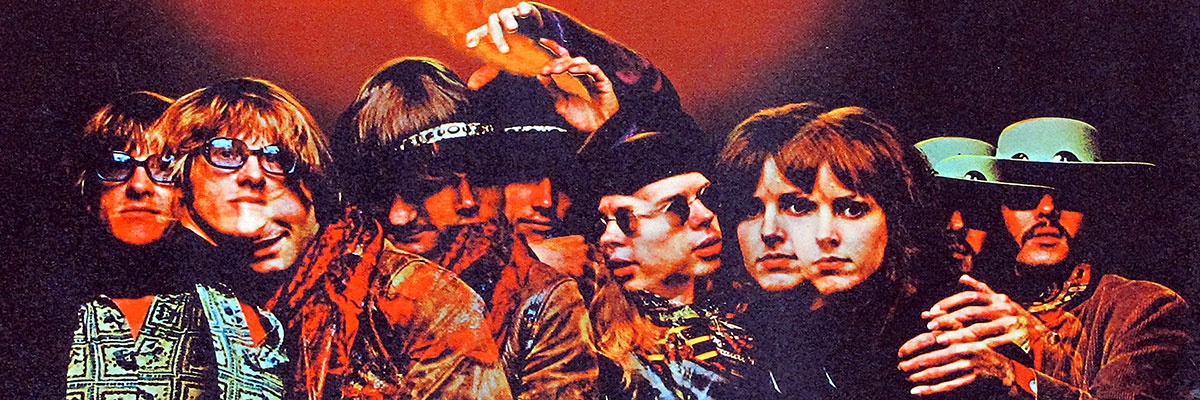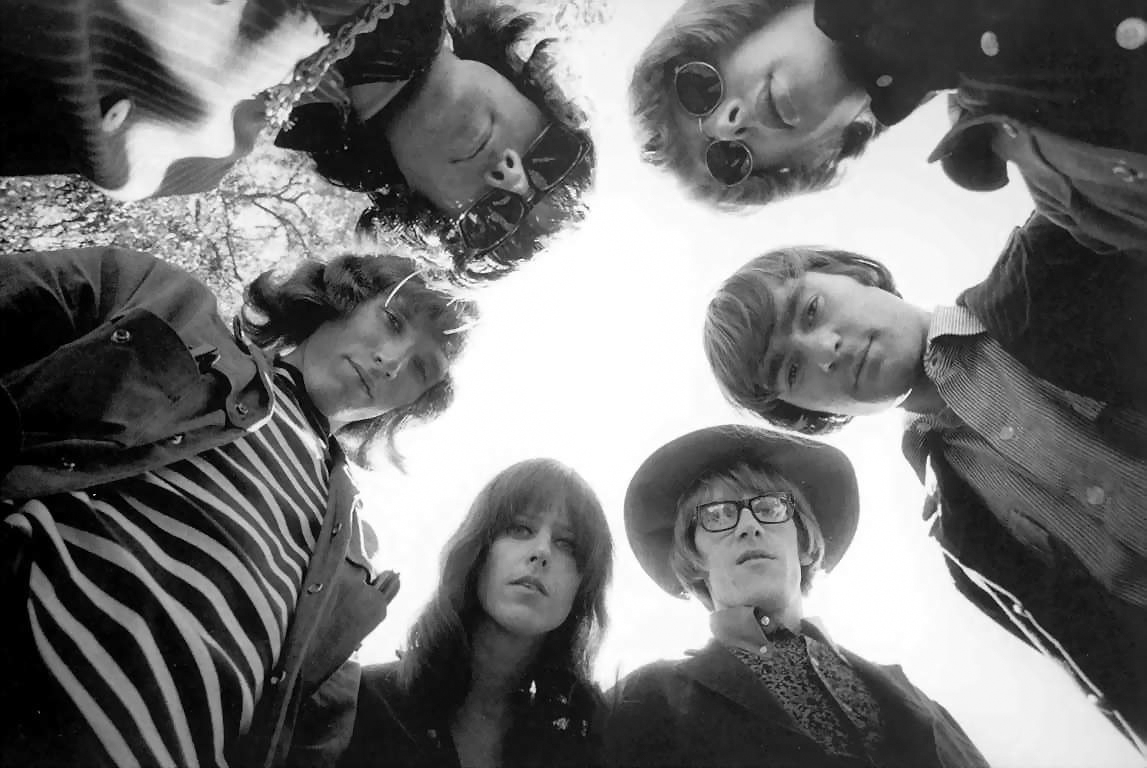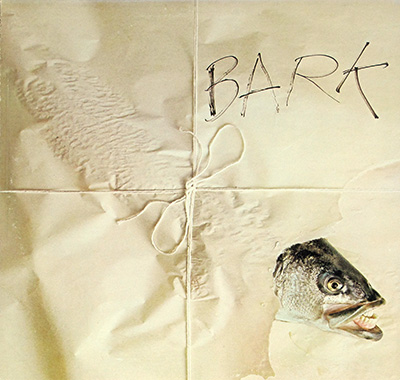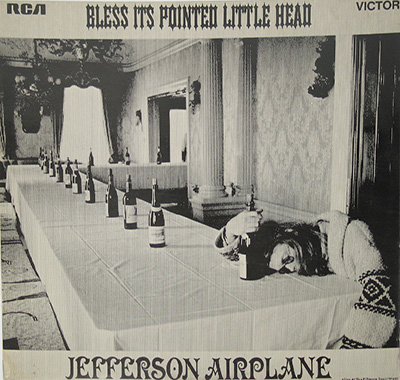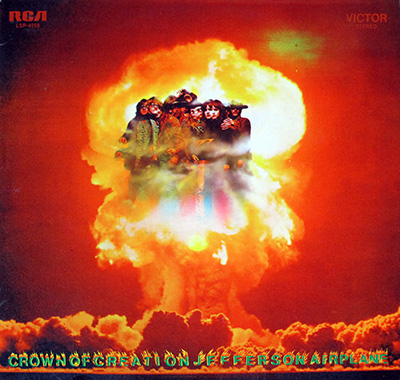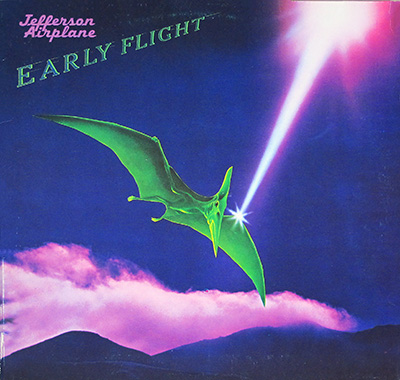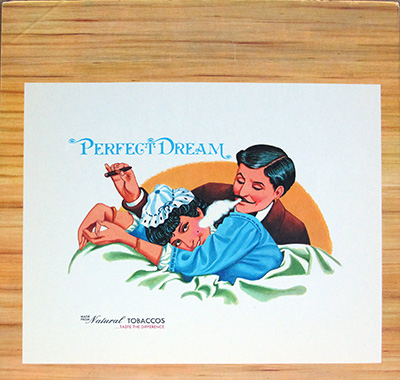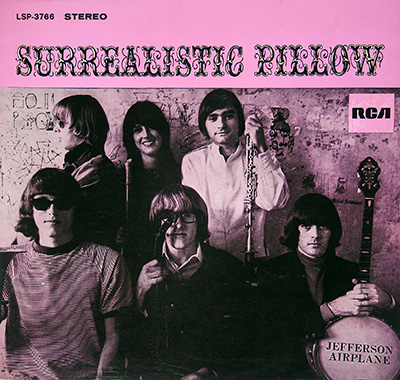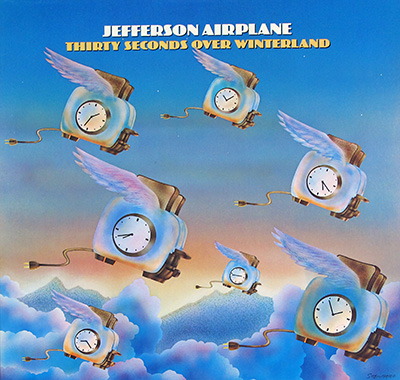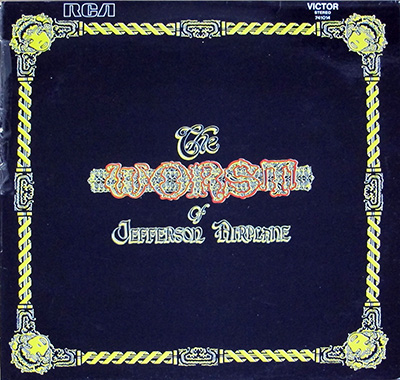JEFFERSON AIRPLANE Band Description:
Jefferson Airplane was an American rock band that emerged in the mid-1960s and became one of the pioneering groups in psychedelic rock. They helped define the San Francisco Sound, mixing folk roots with amplified guitars, odd angles, and lyrics that didn’t exactly come from a greeting card.
Origins and Formation
Jefferson Airplane formed in San Francisco in 1965, growing out of the local folk-club scene and quickly leaning into electric instruments and a louder, more adventurous rock approach.
The band’s earliest performing lineup (at The Matrix in August 1965) centered on Marty Balin (vocals), Paul Kantner (guitar, vocals), and Jorma Kaukonen (guitar), alongside Signe Toly Anderson (vocals), Bob Harvey (bass), and drummer Jerry Peloquin. Within months, Skip Spence replaced Peloquin on drums, and Jack Casady replaced Harvey on bass. Anderson sang on the debut album but left in 1966 and was replaced by Grace Slick, whose arrival helped propel the band into its classic era.
Early Success and Psychedelic Era
Jefferson Airplane’s debut album, "Jefferson Airplane Takes Off," was released in 1966 and leaned toward folk-rock. Their second album, "Surrealistic Pillow" (1967), pushed them into the front rank of psychedelic rock and delivered defining hits like "Somebody to Love" and "White Rabbit."
The band also became known for their live performances, including appearances at major San Francisco venues like the Fillmore and at the Monterey Pop Festival (1967), as their sound got louder, stranger, and more confident.
Their subsequent albums, "After Bathing at Baxter's" (1967) and "Crown of Creation" (1968), dug deeper into psychedelia and social commentary. The "Volunteers" era (1969) sharpened the political edge, and the band became closely associated with the late-1960s counterculture.
Lineup Changes and Later Years
Jefferson Airplane went through several lineup shifts. Violinist Papa John Creach joined in 1970, adding a new color to the band’s live and studio sound. Marty Balin formally departed in April 1971. In 1972, David Freiberg joined as a belated replacement for Balin during the touring period around "Long John Silver."
The group’s original run effectively ended in 1973. After that, various members continued in other projects (most famously Jefferson Starship, along with Hot Tuna and more), while Jefferson Airplane itself lay mostly dormant.
The band reconvened in 1989 for the reunion studio album "Jefferson Airplane" and an accompanying tour. In 1996, they reunited again for their Rock and Roll Hall of Fame induction, including a live performance at the ceremony (not a full reunion tour).
Legacy
Jefferson Airplane’s impact on rock history is massive: they helped push American rock from folk-pop into full psychedelic flight, and their best work remains a snapshot of the era when music, culture, and politics were all shouting over each other in the same room.
Jefferson Airplane was inducted into the Rock and Roll Hall of Fame in 1996, cementing their place as one of the defining bands of the 1960s.
